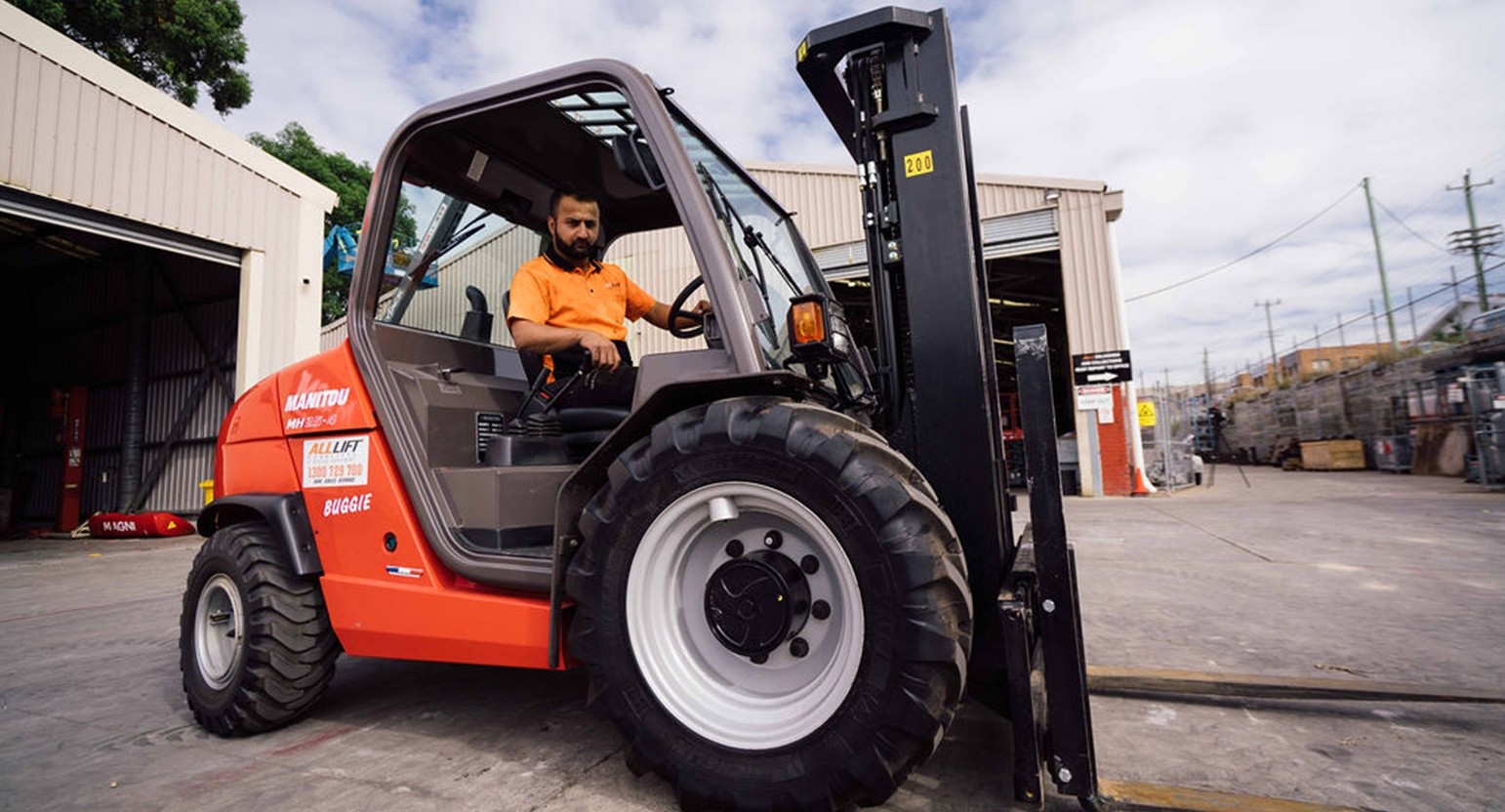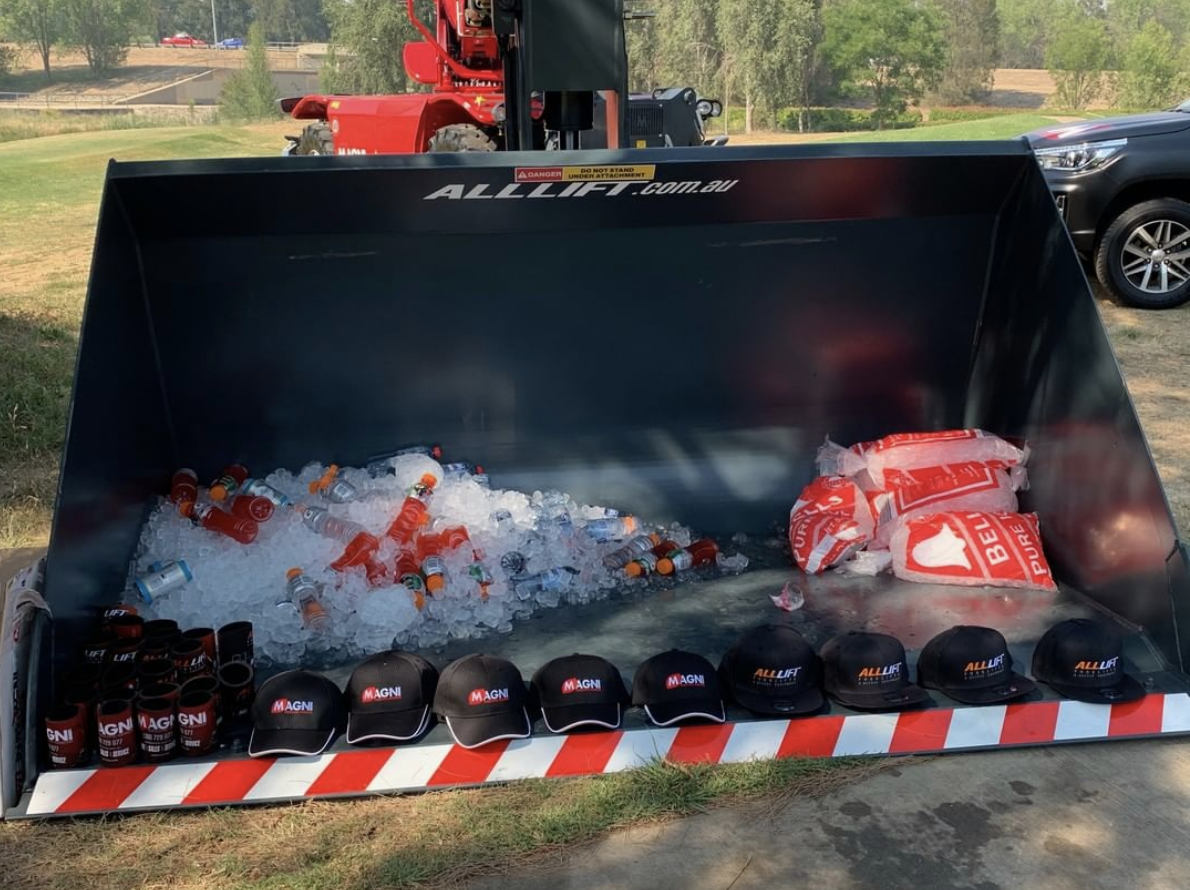What are the uses for forklifts?
For over half a century, forklifts have been a mainstay on worksites across the country (picking up speed, so to speak, after WWII when Australia realised our industrial grit). Today, you’re hard-pressed to find a worksite that doesn’t have one doing any number of jobs to improve the productivity and functionality of warehouses and outdoor sites, over a huge range of industries. The Australian Forklift Market Outlook report by Goldstein Market Intelligence has estimated a 7.48% growth of forklifts’ market over the next ten years (that equates to billions of dollars), and with our own closer-to-home experience of this growth, it’s no surprise. Forklifts are invaluable to any jobsite.
So, what exactly are forklifts used for?
It really depends on the worksite’s environment and requirements, but essentially there is very little forklift’s can’t achieve in lifting, transporting and placing material. According to the report, the most common industries who use forklifts are:
- Ports and logistics
- Wood industry
- Paper industry
- Car industry
- Radioactive Waste
- Iron and Steel
- Construction
Most of our own customers are in these spaces. Broadly, forklifts are used to create safe and effective ways to complete lifting, moving and manoeuvring jobs that would be hazardous, if even possible, for people alone to do.
However, more specifically, different types of forklifts provide different functions to best benefit your job or project.
Diesel forklifts are best for…
Outdoor use and heavy loads. Diesel forklifts have some heavy-duty capabilities that can save a whole bunch of time by doing fewer, heavier load shifting, as opposed to many lighter loads. However, due to Diesel creating more odour and smoke, it is safest to use in more open, outdoor spaces.
LPG/Petrol powered forklifts are best for…
Any material handling, including loading goods, transporting, racking in a warehouse, lifting people (with the safe and correct attachments) and manoeuvring of product. As with diesel, petrol forklifts are better suited to outdoor work, but are also suitable for indoor or indoor/outdoor areas that are well ventilated.
Electric forklifts are best for…
Indoor use. Although electric forklifts are more than capable of working outside, they have zero emissions and run virtually silent so they are perfect for spaces that have little ventilation, high density of product and/or people and are more environmentally friendly. They are perfect for stillages, pallet boxes and pallets.
Forklifts are also great for…
Being your ice caddy around the golf course! We’re not joking when we say forklifts are our life, and we manage to incorporate them in almost everything we do. As evidenced by last year’s effort!
Let us know how you’re using your forklift! Either on the worksite, or any other creative ways you’ve gotten the most out of your bought or hired forklift. Post on Instagram with the hashtag #myallliftforklift
Interested in how to get a forklift licence?






